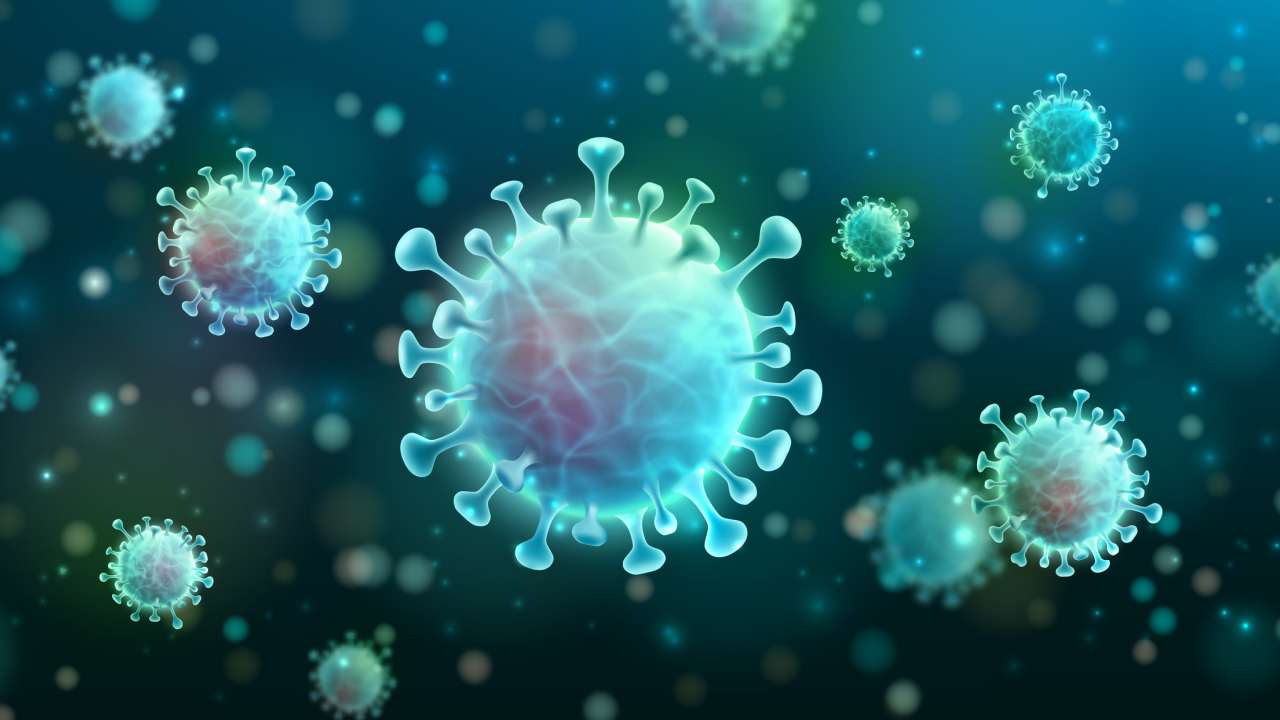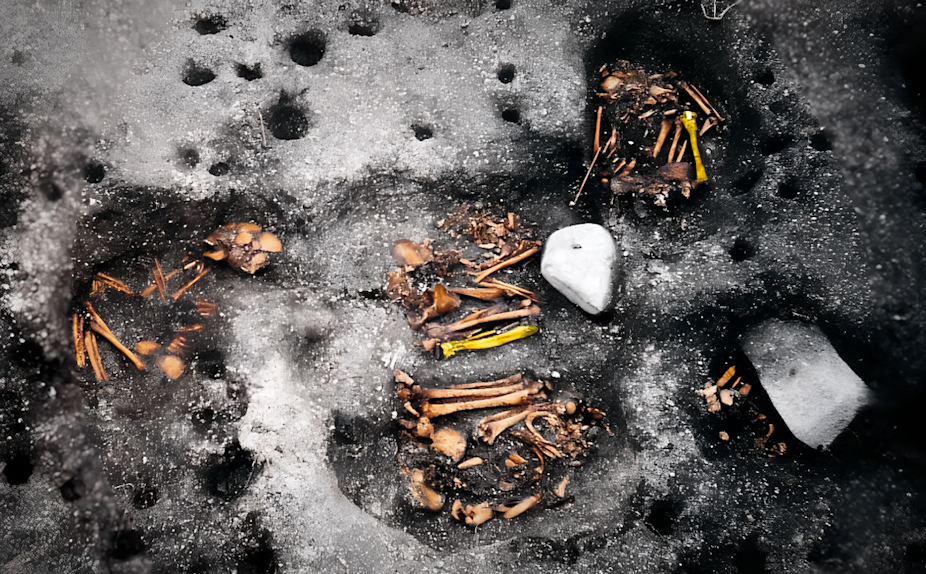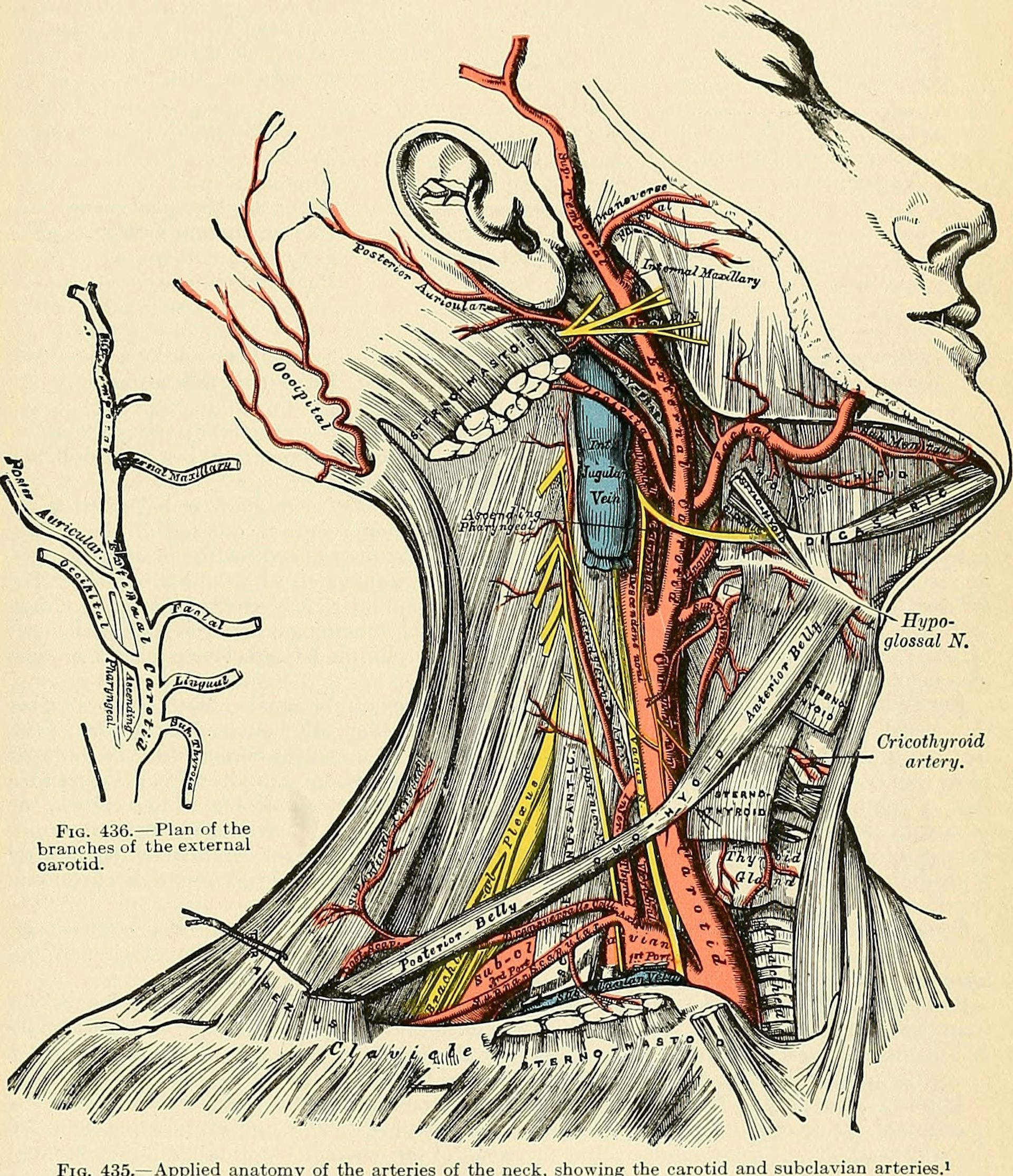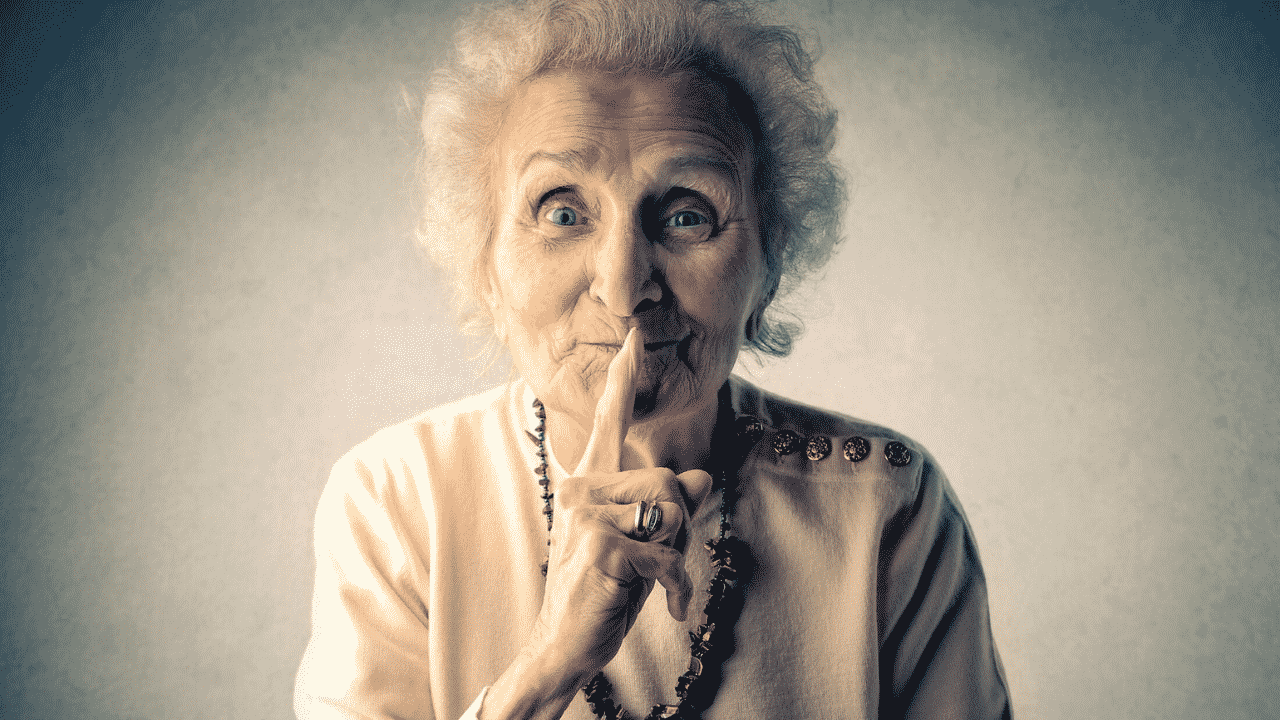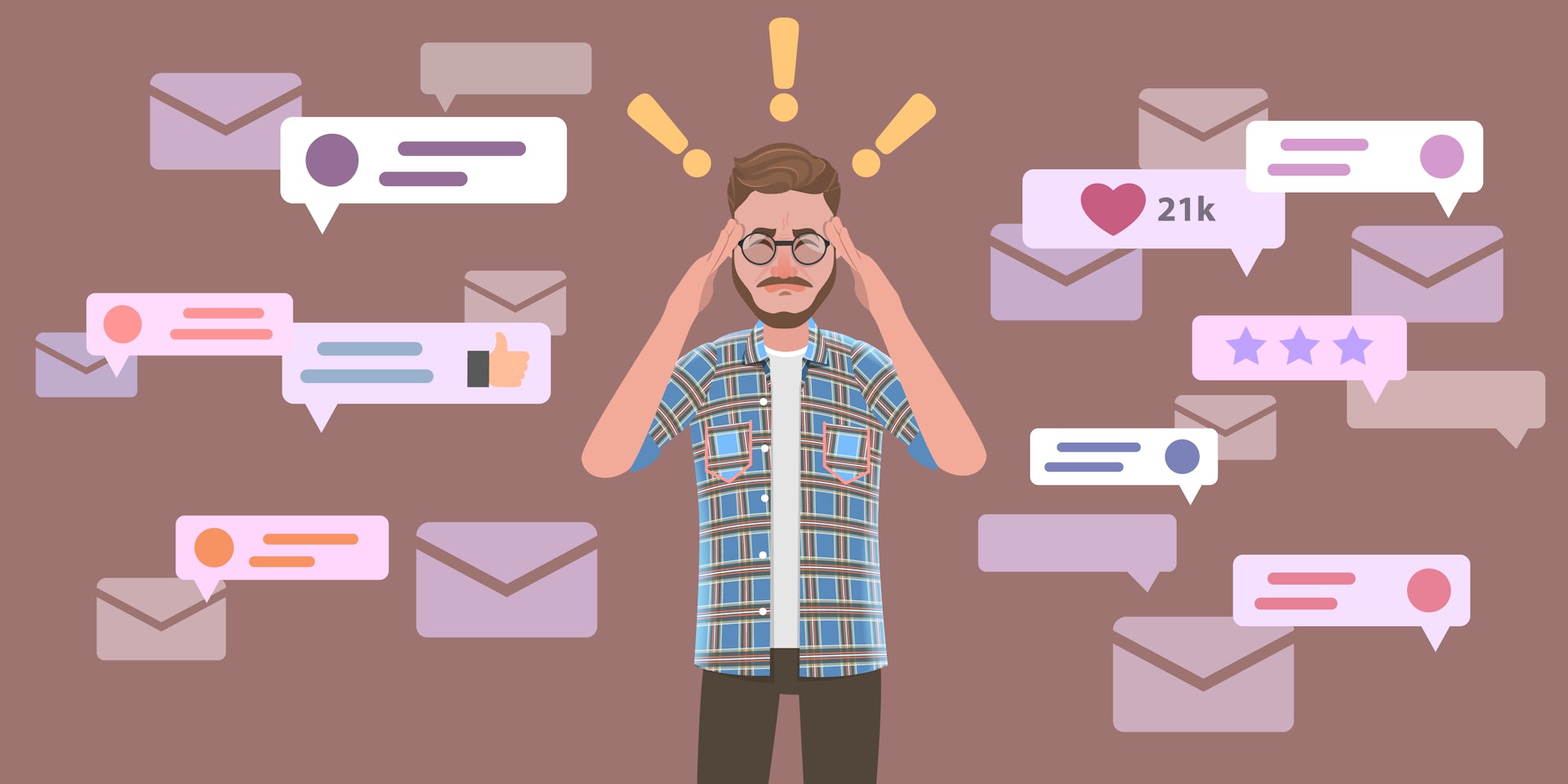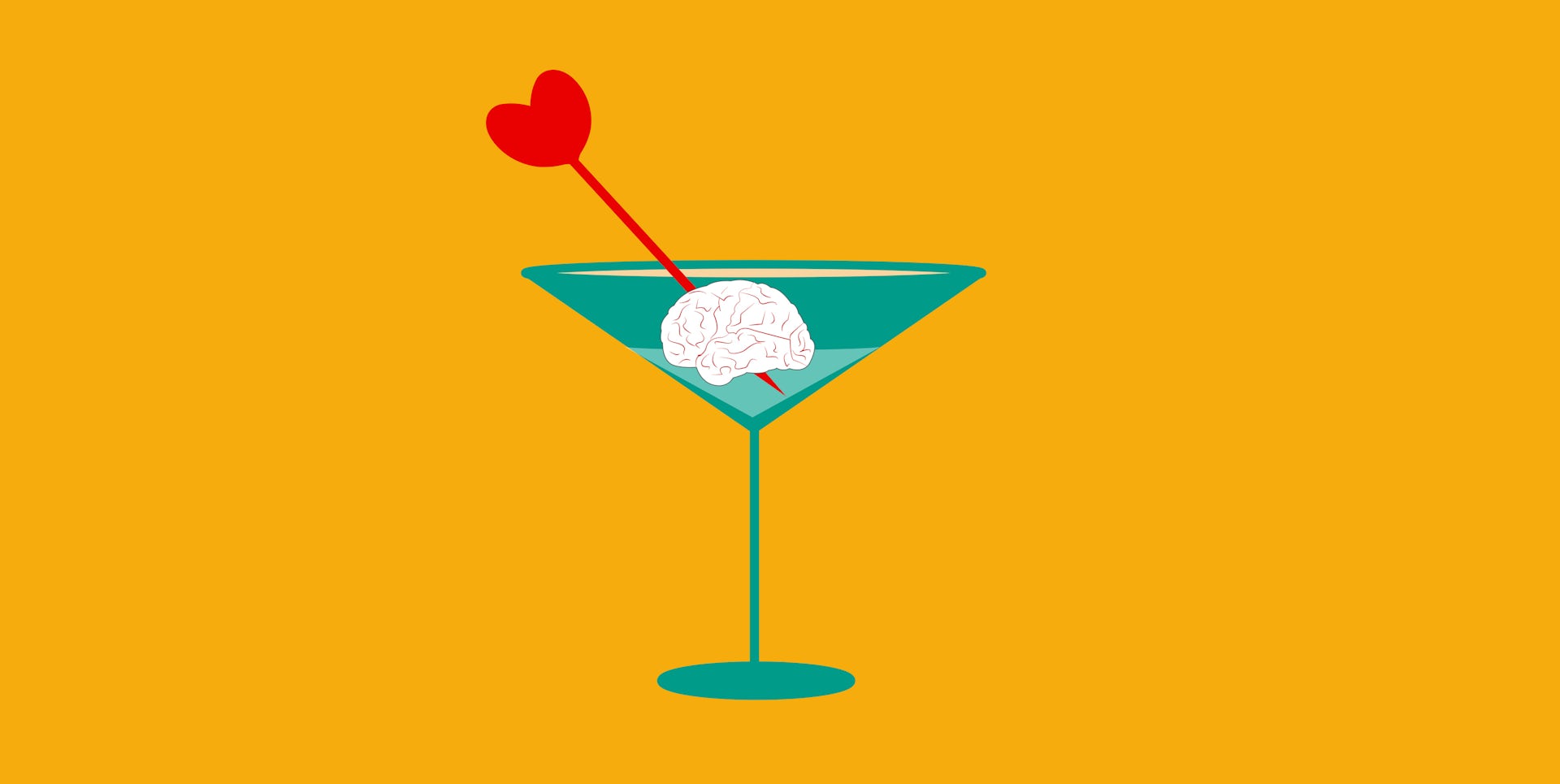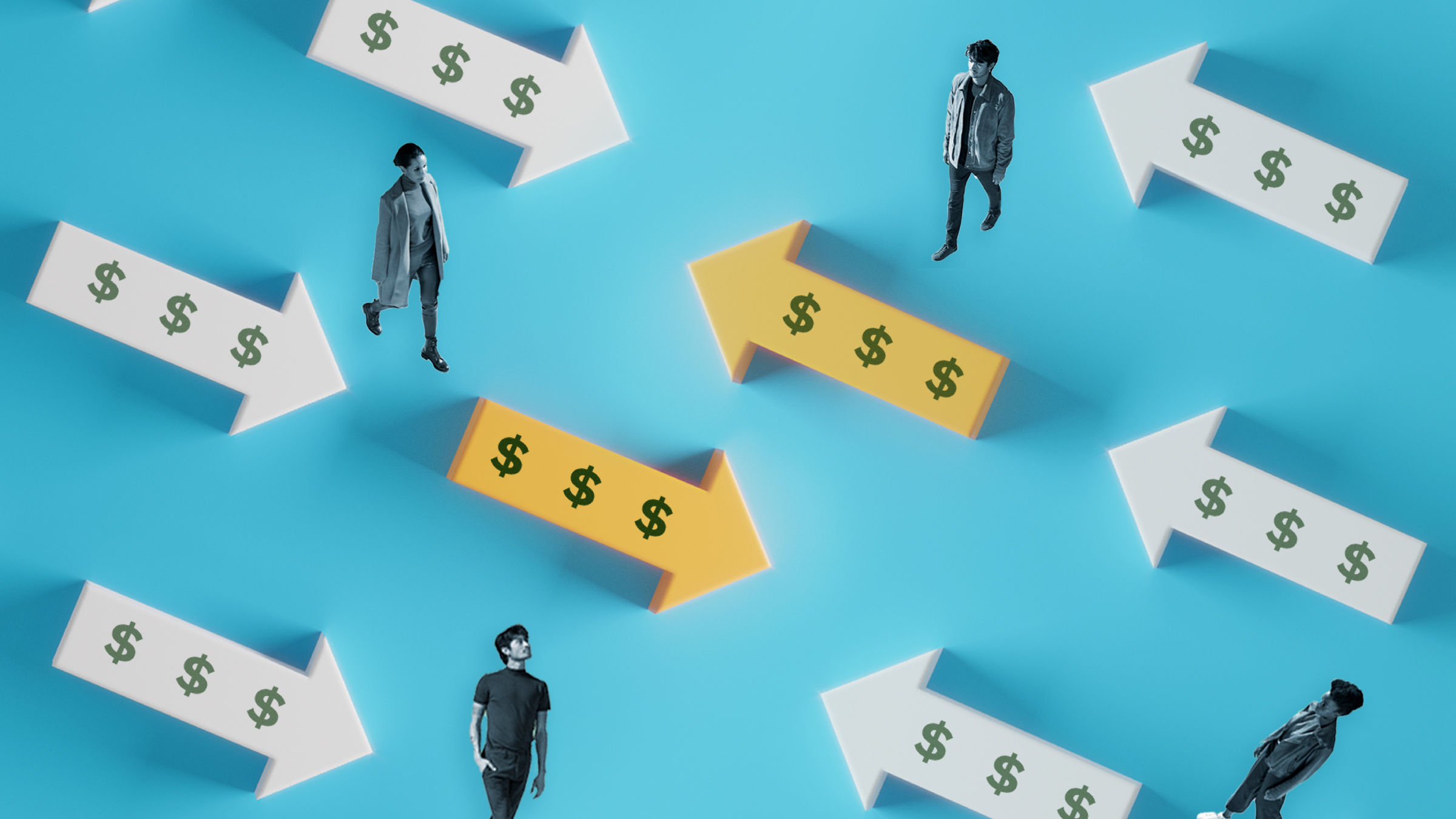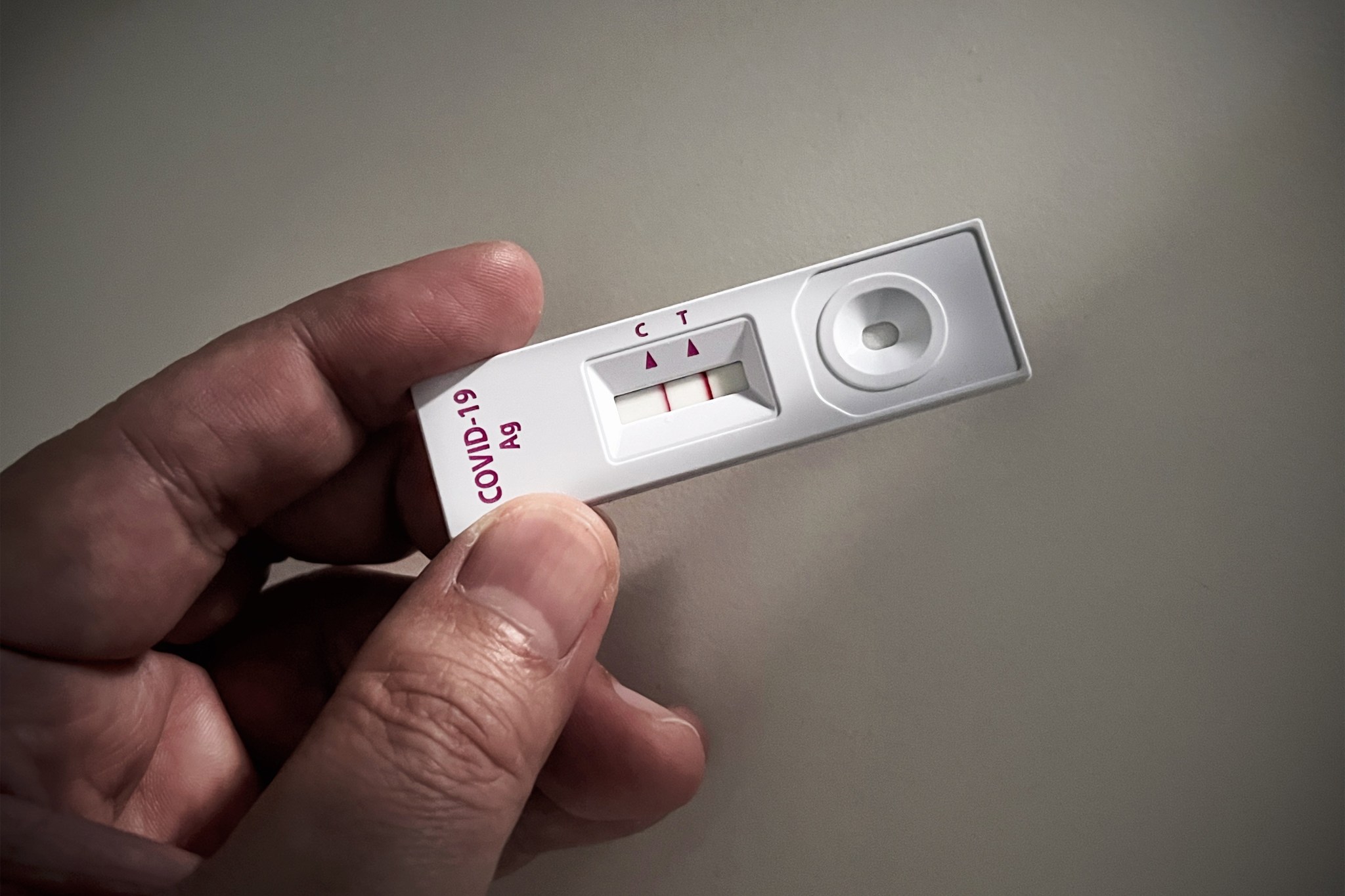Black, indigenous, and people of color (BIPOC) who were infected with COVID-19 experienced greater negative aftereffects in health and work loss than did similarly infected white participants, new research finds. Despite similar symptom prevalence, BIPOC and Hispanic patients experienced greater negative impacts on their health status, activity levels, and ability to work compared with non-Hispanic...
Health
What Happens to Your Liver When You Stop Drinking
According to Greek mythology, Zeus punished Prometheus for giving fire to humans. He chained Prometheus and set an eagle to feast on his liver. Each night the liver grew again, and each day the eagle returned to its feast. In reality, can a liver really grow back? The liver is the largest internal organ in...
Where, When and How Did Syphilis Appear? Ancestral DNA Found in Brazil Has the Answer
Rarely is there such precise historical information about the origin of an infectious disease as in the case of syphilis : in 1493, during the siege of the city of Naples by French troops. From there, it spread rapidly throughout Europe and Asia, causing one of the most devastating epidemics for humanity for several centuries, which ended when,...
Pictures Have Been Teaching Doctors Medicine for Centuries − a Medical Illustrator Explains How
“Medical illustrators draw what can’t be seen, watch what’s never been done, and tell thousands about it without saying a word.” For decades, this slogan appeared on the website and printed materials of the Association of Medical Illustrators. Although the association no longer uses this tag line, it’s still an accurate description of the profession....
Ageism, Mistaken Beliefs Complicate Acceptance of Older Adults’ Sexuality
More than 25% of the young adults surveyed in a recent study mistakenly believed that sexual activity increases older adults’ risk of heart attack and that disinterest in sex is a normal and inevitable part of aging. While most of those in the study had permissive views about sexual activity in later life, the findings...
A TikTok ‘Expert’ Says You Have Post-Traumatic Stress Disorder − But Do You? a Trauma Psychiatrist Explains What PTSD Really Is and How to Seek Help
Among the many emerging trends on social media, one recent concerning fad is a casual and often inaccurate portrayal of trauma and post-traumatic stress disorder, or PTSD – along with an array of questionable interventions suggested for its cure. But what really is PTSD, who suffers from it, and what are the available treatments? As...
Alcohol and Drugs Rewire Your Brain by Changing How Your Genes Work – Research Is Investigating How to Counteract Addiction’s Effects
Many people are wired to seek and respond to rewards. Your brain interprets food as rewarding when you are hungry and water as rewarding when you are thirsty. But addictive substances like alcohol and drugs of abuse can overwhelm the natural reward pathways in your brain, resulting in intolerable cravings and reduced impulse control. A...
Cost of Employer-Sponsored Health Insurance Is Flattening Worker Wages, Contributing to Income Inequality
The rising cost of health insurance is an ongoing concern in the United States. New research shows that increasing health insurance costs are eating up a growing proportion of worker’s compensation, and have been a major factor in both flattening wages and increasing income inequality over the past 30 years. In a study from the...
There’s a New Covid-19 Variant and Cases Are Ticking Up. What Do You Need to Know?
It’s winter, that cozy season that brings crackling fireplaces, indoor gatherings — and a wave of respiratory illness. Nearly four years since the pandemic emerged, people are growing weary of dealing with it, but the virus is not done with us. Nationally, a sharp uptick in emergency room visits and hospitalizations for covid-19, influenza, and...
Bottled Water Can Contain Hundreds of Thousands of Previously Uncounted Tiny Plastic Bits, Study Finds
In recent years, there has been rising concern that tiny particles known as microplastics are showing up basically everywhere on Earth, from polar ice to soil, drinking water and food. Formed when plastics break down into progressively smaller bits, these particles are being consumed by humans and other creatures, with unknown potential health and ecosystem...

